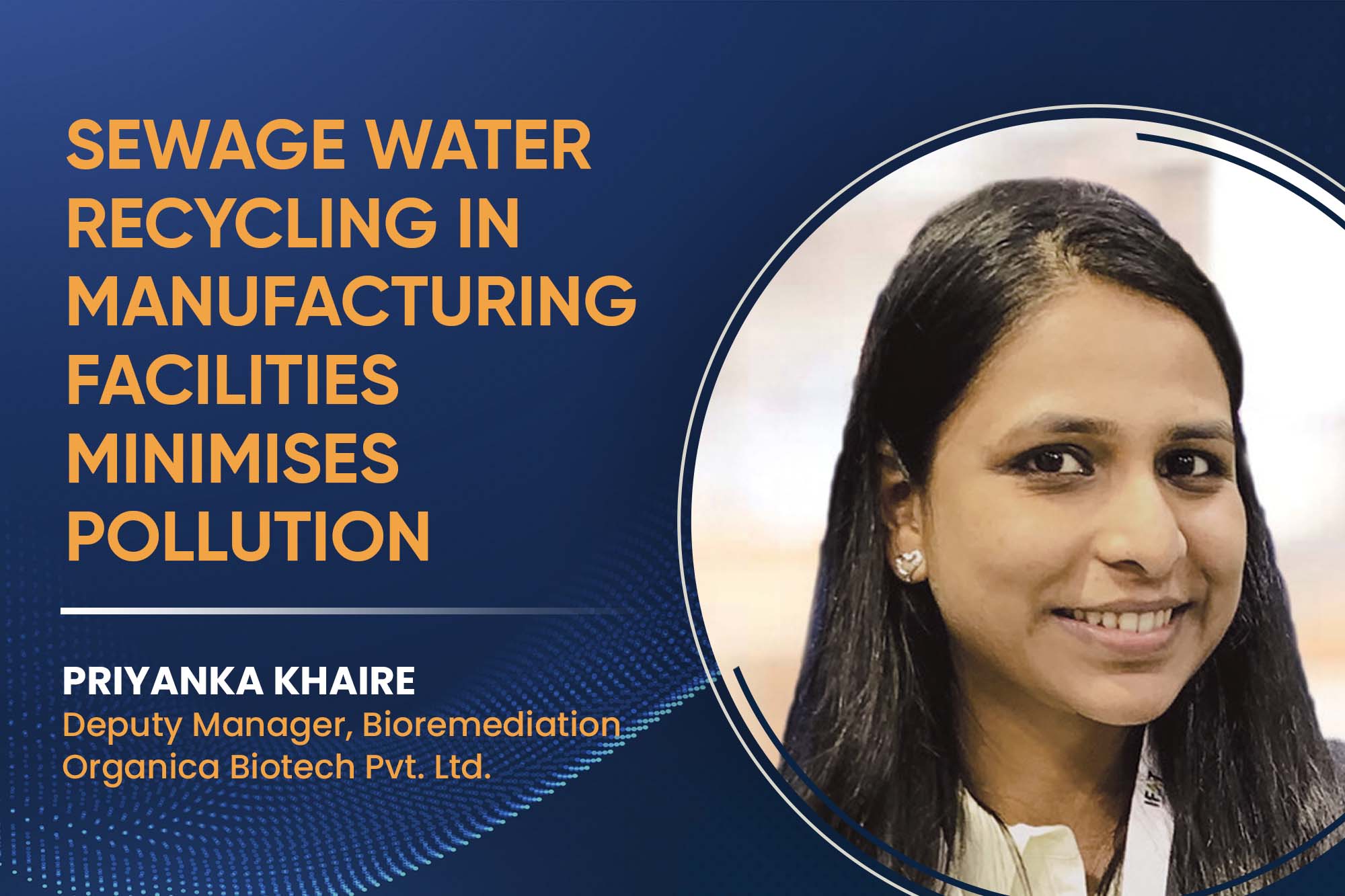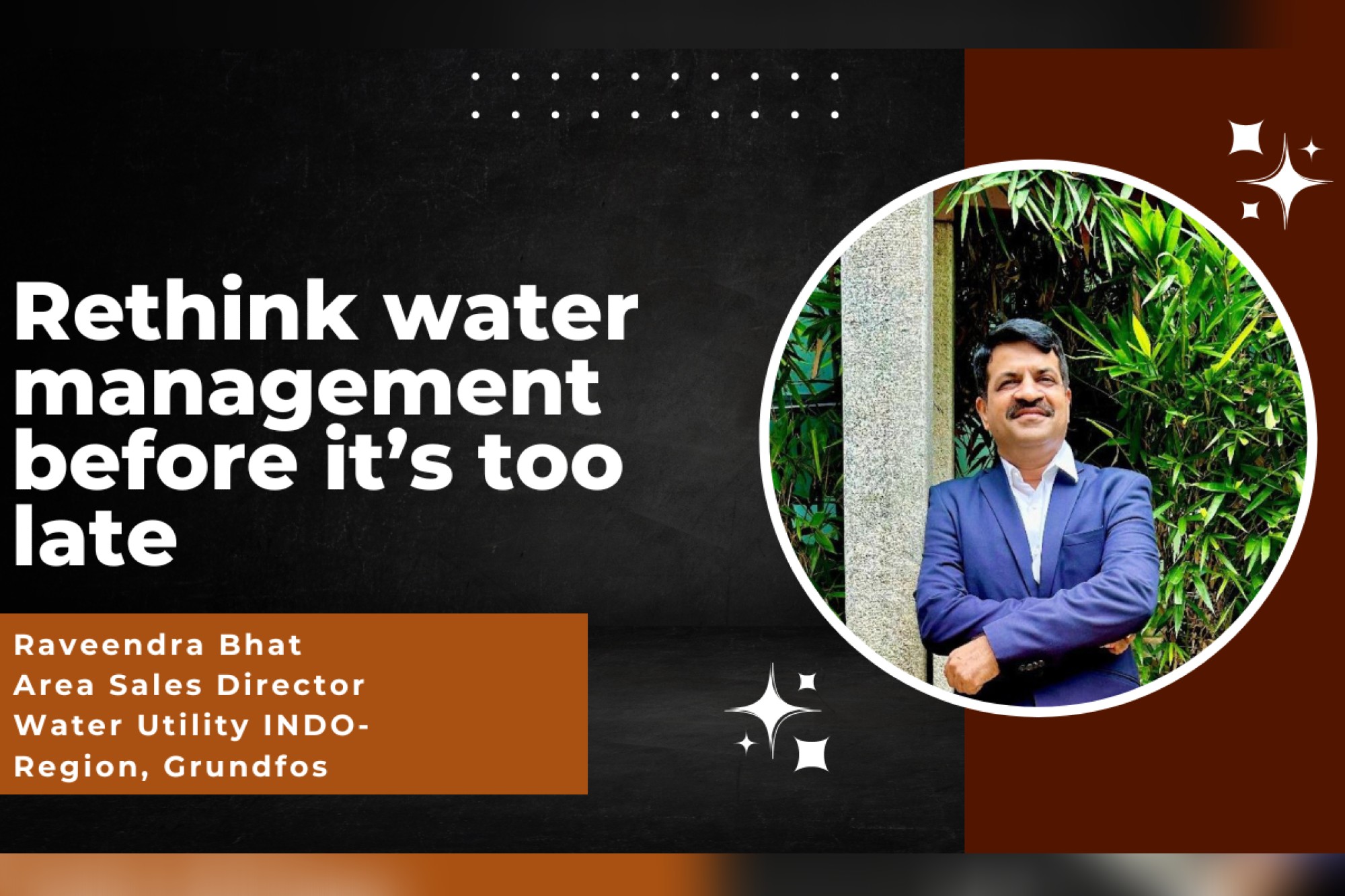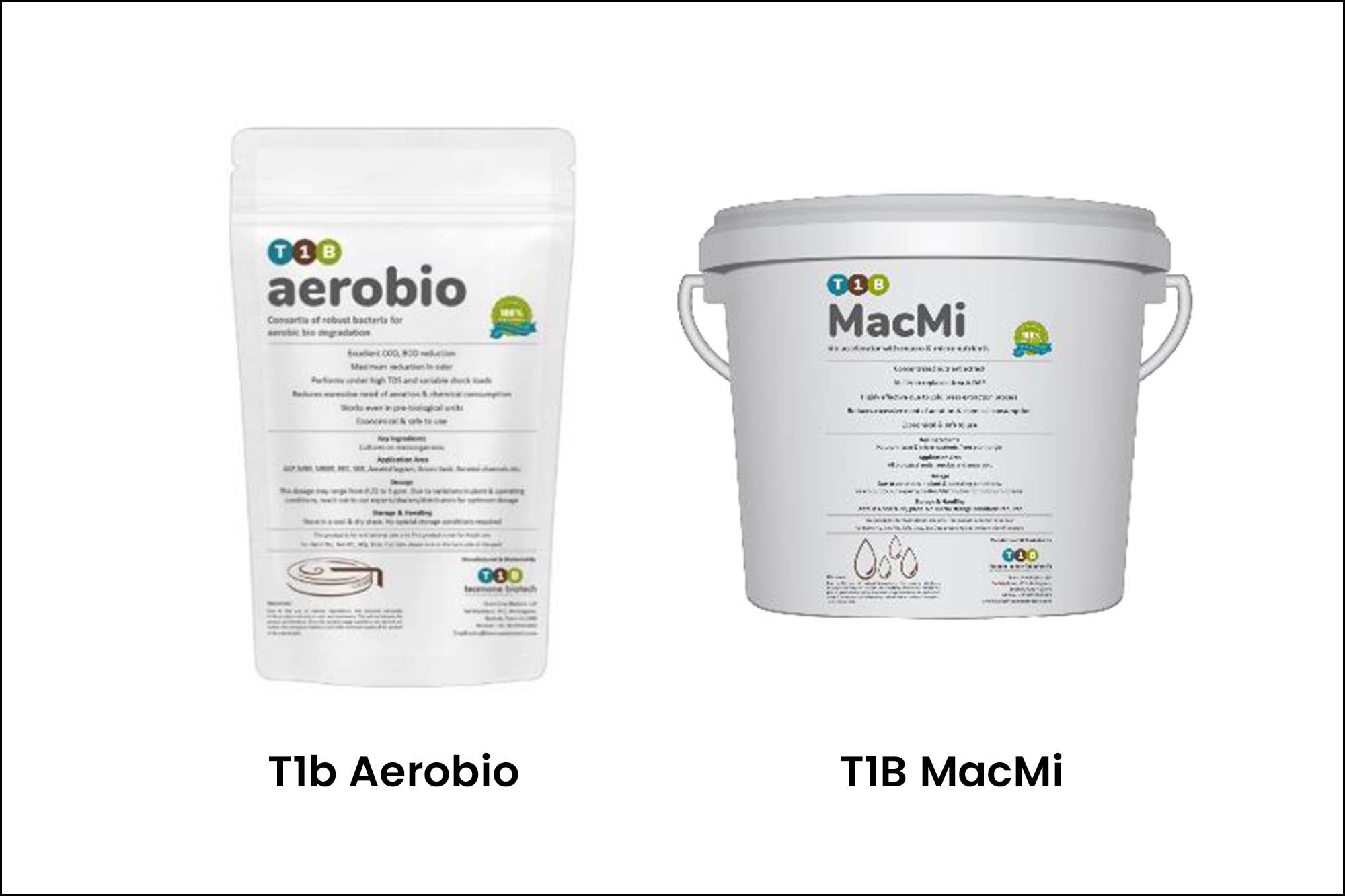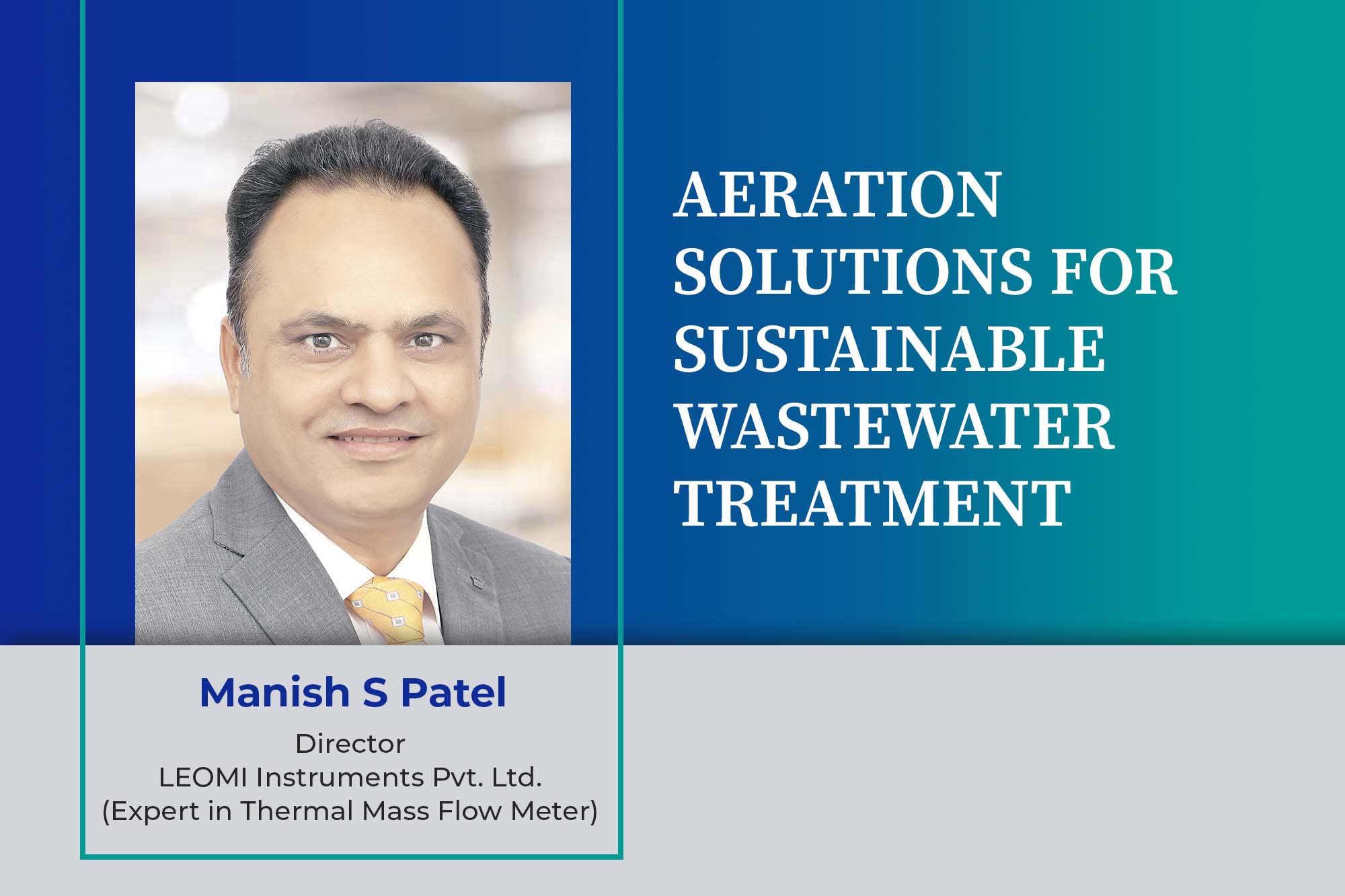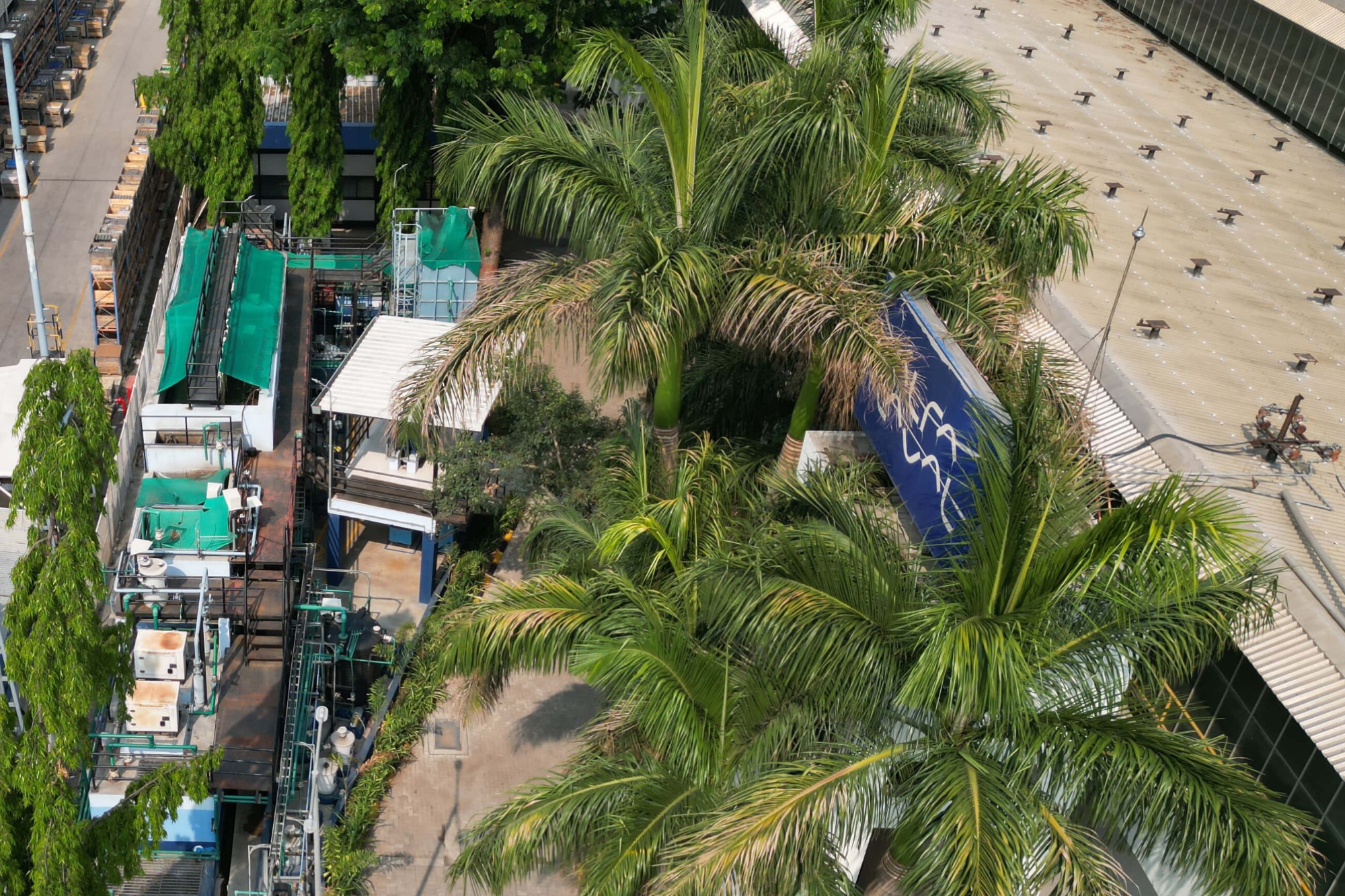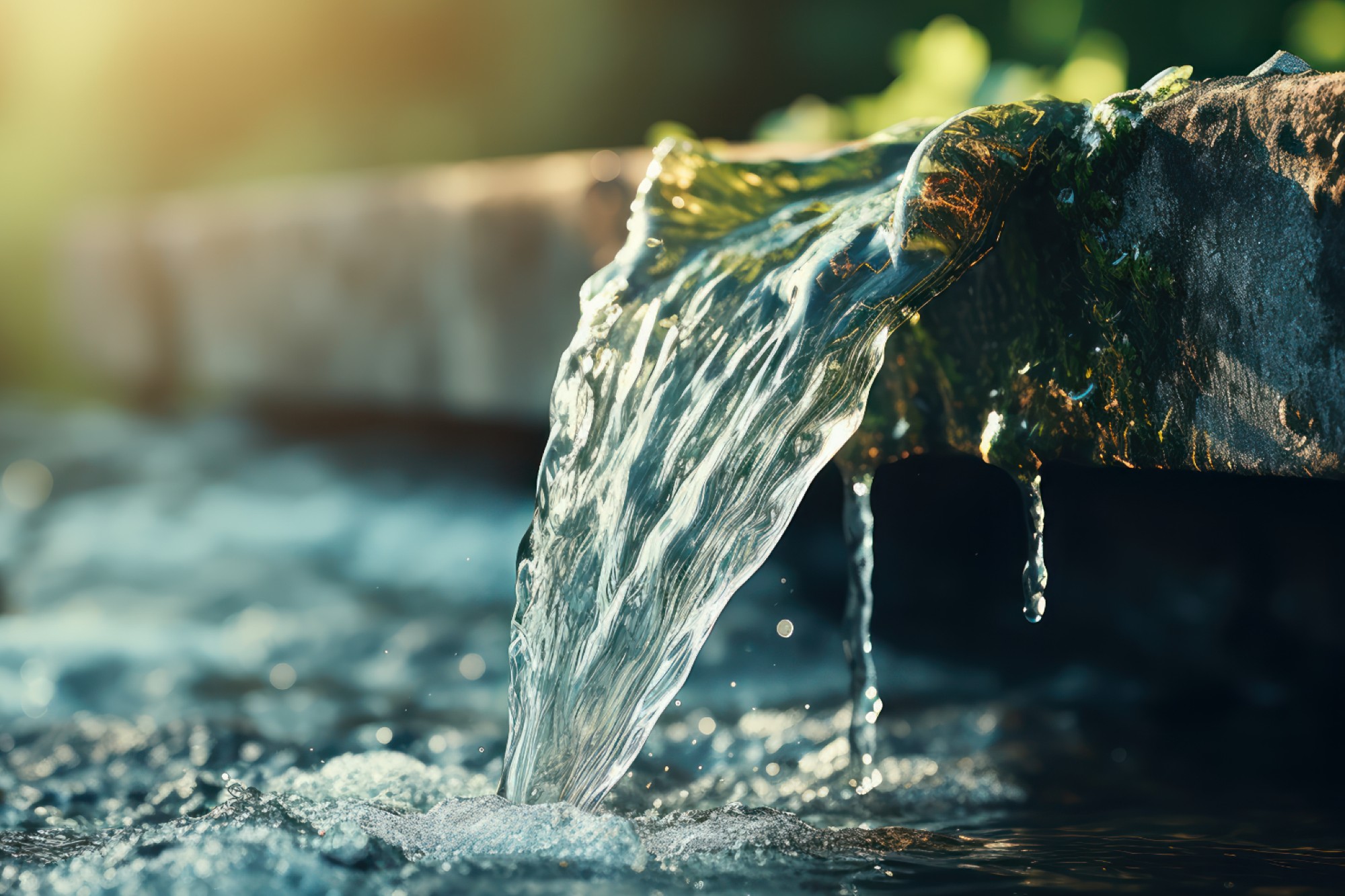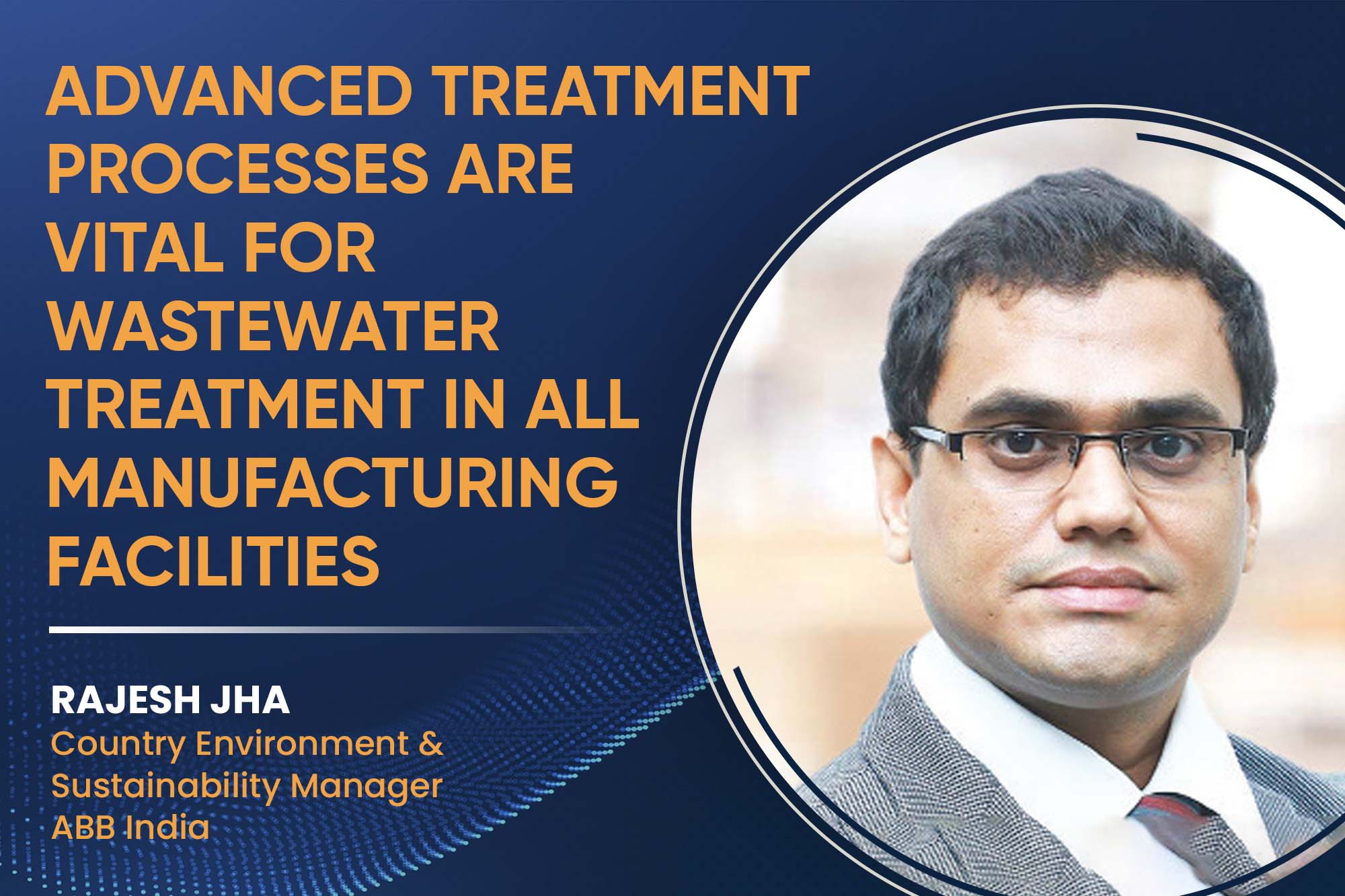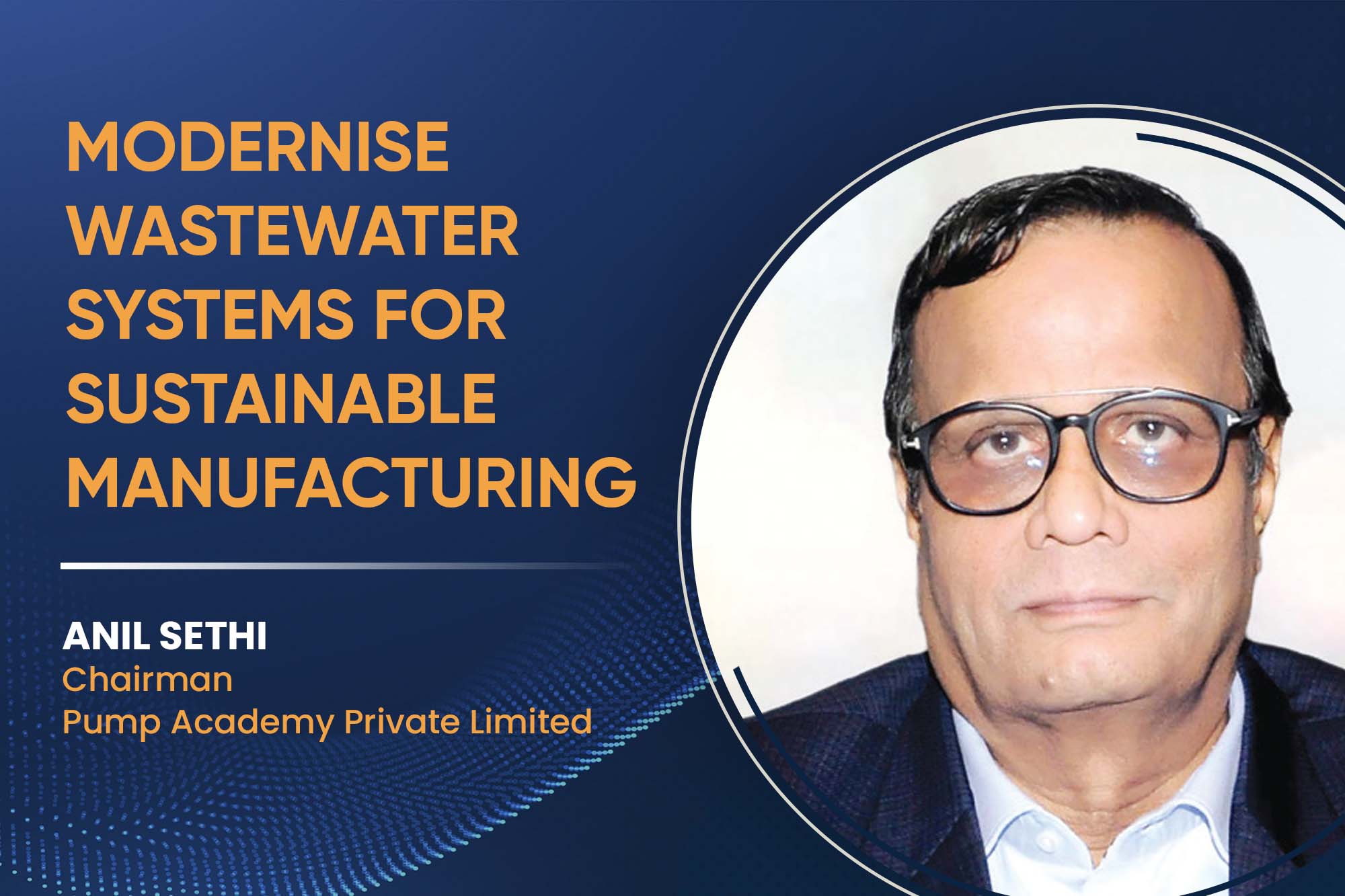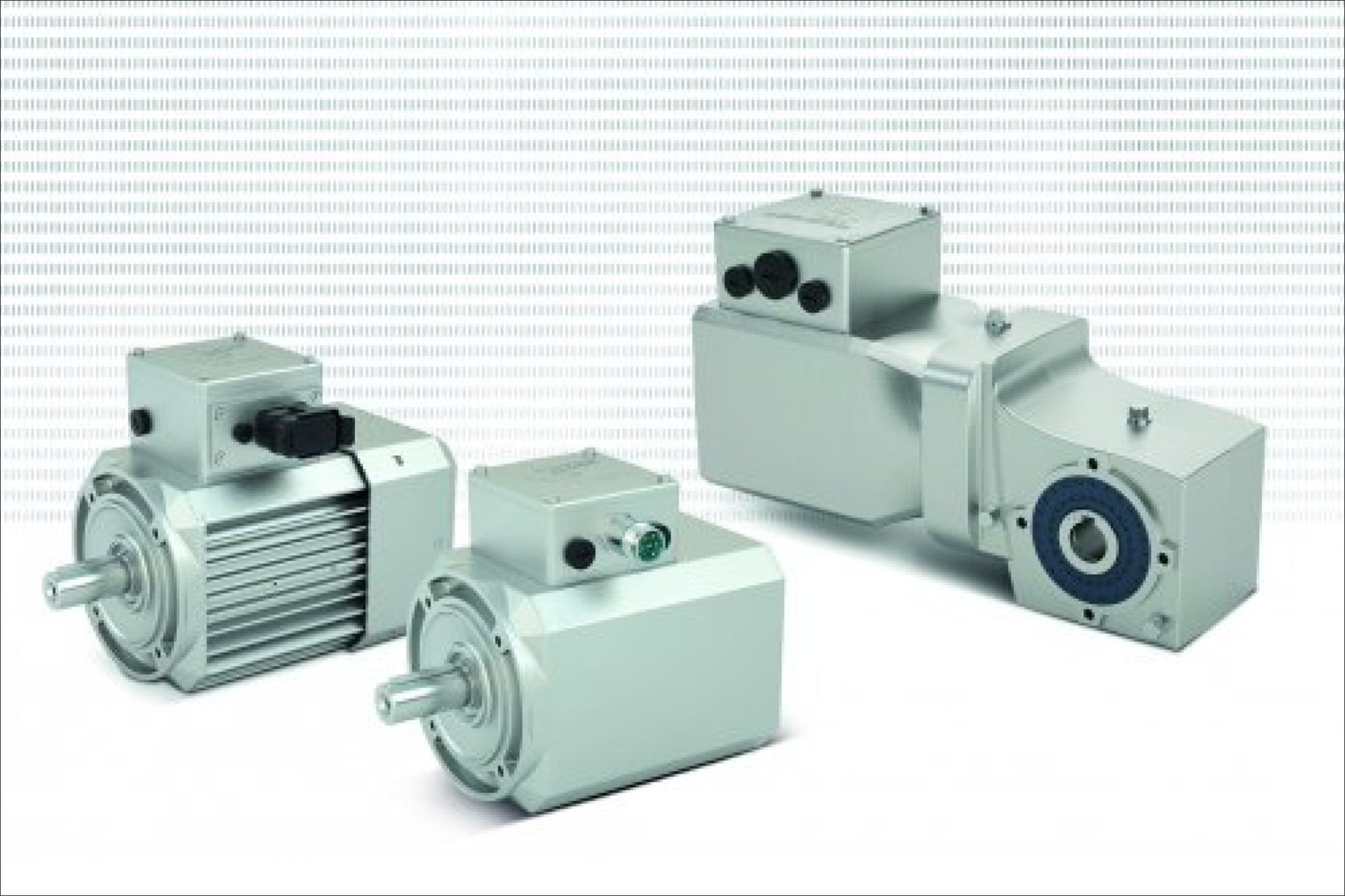Sewage water recycling in manufacturing facilities minimises pollution
By OEM Update Editorial April 30, 2024 7:33 pm IST
Priyanka Khaire, Deputy Manager, Bioremediation, Organica Biotech, discusses why manufacturing facilities should consider sewage-to-water recycling as a sustainable solution for managing their water resources, addressing environmental concerns and operational efficiency.
How does your company contribute to the treatment of wastewater?
Organica Biotech Pvt Ltd has emerged as a leading innovator in tackling one of the most urgent environmental issues. At the core of Organica Biotech’s advancements in wastewater treatment is its flagship product, Cleanmaxx. It is an advanced bioremediation solution utilising a carefully selected blend of naturally occurring microorganisms. These microorganisms can degrade and eliminate a wider spectrum of pollutants found in wastewater, thereby converting it into ecologically safe effluent. Leveraging advanced biotechnological solutions, we efficiently treat wastewater by developing and implementing unique microbial formulations. We optimise the degradation of organic pollutants, ensuring a cleaner effluent that can be safely reintroduced into the environment.
Cleanmaxx from Organica Biotech reduces the levels of pollutants like organic matter and heavy metals in wastewater while improving overall treatment efficiency. Its cost-effective and eco-friendly approach has made it highly valuable for industries and municipalities striving to meet strict environmental standards. The company works closely with clients to develop customised treatment plans aligned with their sustainability goals and regulatory needs.
Organica Biotech has received numerous awards for its contribution to wastewater treatment and sustainability. With a global presence, its solutions are implemented worldwide, demonstrating their universal effectiveness. Through bioremediation, Organica Biotech contributes to societal welfare and benefits the environment.
Organica Biotech’s journey in wastewater treatment, powered by the innovative Cleanmaxx product line, illustrates the significant impact of science and technology in addressing environmental challenges. By refining wastewater treatment processes through bioremediation, the company is fostering a greener and more sustainable planet for present and future generations.
What are the most recent advancements in technology for treating and recycling wastewater?
In recent years, there has been a trend in the wastewater treatment industry towards adopting bioremediation technologies. Bioremediation, a natural and environmentally friendly process, utilises microorganisms to degrade and neutralise pollutants in wastewater, reducing their harmful impact and facilitating water recycling. The key advancements in this field include the development of specialised microbial consortia, genetic engineering of microorganisms for enhanced pollutant degradation, utilisation of biofilms in treatment reactors, integration of nanotechnology, and implementation of real-time monitoring and data analytics.
Organica Biotech has been at the forefront of these advancements, leveraging microbial capabilities to improve treatment efficiency and contribute to water resource conservation. The merging of bioremediation and technological innovations offers promising prospects for a more sustainable future. Organica Biotech remains dedicated to advancing bioremediation solutions to meet the evolving challenges of wastewater management, driving towards a greener and more sustainable approach to water treatment.
Please enumerate the challenges of water treatment plants in ensuring the quality and safety of water for industrial use.
Industrial water use presents unique challenges requiring careful consideration and innovative solutions. These challenges stem from diverse factors, including the range of pollutants in industrial effluents, stringent regulatory requirements, and the imperative to optimise water usage while minimising environmental impact.
A primary challenge lies in the variety of contaminants found in industrial wastewater, which span chemicals, heavy metals, and organic compounds. Effectively removing these pollutants demands tailored treatment approaches that can be complex and resource-intensive. Achieving permissible pollutant levels necessitates robust treatment processes balancing efficiency, cost-effectiveness, and environmental sustainability.
Compliance with regulatory standards is essential in industrial water treatment. Different industries must meet specific regulations dictating pollutant levels and discharge limits. Hence, water treatment plants must invest in advanced monitoring and treatment technologies to consistently meet these standards and ensure water safety for industrial use.
Optimising plant operations for maximum efficiency is an often overlooked challenge. Industries face increasing pressure to minimise water consumption, energy usage, and waste generation, requiring innovative solutions that treat water effectively while reducing the environmental footprint of the treatment process itself.
Organica Biotech has developed advanced biological solutions addressing the unique needs of industrial wastewater treatment. Leveraging beneficial microorganisms, our approach enhances treatment efficiency by breaking down complex pollutants. Harnessing the natural capabilities of these microorganisms, we provide sustainable and effective solutions that contribute to cleaner water for industrial use.Ensure water quality and safety for industrial use is a multifaceted challenge that encompasses diverse pollutant profiles, regulatory compliance, and resource optimisation. At Organica Biotech, we are committed to delivering innovative and sustainable solutions that address these challenges and foster a responsible and environmentally conscious industrial sector.
What are the environmental consequences of emerging contaminants in water sources, and how can treatment processes effectively address them?
Emerging contaminants from industrial activities, urbanisation, and agriculture pose a grave threat to water sources and ecosystems. These include pharmaceuticals, personal care products, endocrine disruptors, and microplastics. Their presence in water bodies has multifaceted repercussions:
They can disrupt aquatic ecosystems, affecting biodiversity and food chains. For instance, endocrine disruptors can hinder reproductive and developmental processes in aquatic organisms, leading to population imbalances. Some contaminants, if present in drinking water sources, may pose health risks to humans due to long-term exposure and inadequate removal by conventional treatment processes. Many of these contaminants persist in the environment, accumulating in organisms and potentially causing harm to wildlife and humans through the food chain.
Addressing these impacts necessitates a comprehensive approach. Advanced treatment technologies like advanced oxidation, membrane filtration, and bioremediation methods are crucial for removing contaminants from water sources. Preventing the introduction of contaminants at the source through proper waste management and sustainable agricultural practices is equally vital. The regulatory frameworks are essential for monitoring and controlling contaminant discharge.
Immediate collaborative efforts are needed to mitigate the impacts on water resources, ecosystems, and public health through advanced treatment, bioremediation, and comprehensive management strategies.
Why should manufacturing facilities contemplate adopting sewage-to-water recycling for their water resource management?
Sewage-to-water recycling, also known as water reclamation, is an innovative approach holding immense potential for revolutionising water resource utilisation in manufacturing facilities. Manufacturing facilities should seriously consider adopting sewage-to-water recycling for several compelling reasons. Global water scarcity is a significant concern; manufacturing processes are heavy water consumers. By recycling sewage water, these facilities can substantially reduce their reliance on freshwater sources, thereby aiding in conserving this vital resource.
Treating and supplying fresh water to industrial processes can be costly due to increasing water costs and infrastructure needs. Sewage-to-water recycling offers substantial cost savings by utilising treated wastewater for non-potable purposes within the facility, thus decreasing the demand for external water sources.
Moreover, manufacturing facilities have a social and environmental responsibility to minimise their impact on surrounding ecosystems. Recycling sewage water helps to reduce the discharge of pollutants into natural water bodies, thereby minimising pollution and preserving aquatic life. Furthermore, stringent environmental regulations are compelling manufacturing facilities to adopt sustainable practices. Integrating sewage-to-water recycling allows these facilities to meet compliance standards, avoid fines, and enhance their reputation as environmentally conscious organisations.
Additionally, climate change poses a significant threat to water availability. Recycling sewage water provides manufacturing facilities a buffer against water shortages caused by changing climate patterns, ensuring continuous operations even in challenging circumstances. Moreover, manufacturing facilities often coexist with local communities. Implementing water recycling demonstrates a commitment to community well-being by alleviating stress on local water supplies and reducing the facility’s impact on neighbouring ecosystems. Sewage-to-water recycling showcases a facility’s commitment to embracing cutting-edge technologies and innovative solutions, positioning it as a leader in sustainable practices and attracting positive attention from customers, investors, and partners.
Conclusively, recycling sewage water provides manufacturing facilities with a long-term, reliable water source as water scarcity intensifies, ensuring uninterrupted operations.
Sewage-to-water recycling offers manufacturing facilities the benefits, ranging from cost savings to environmental stewardship. It’s a step toward a more sustainable future, aligning business objectives with responsible resource management. We at Organica Biotech are dedicated to supporting such initiatives through our expertise in bioremediation and sustainable wastewater treatment solutions.
Cookie Consent
We use cookies to personalize your experience. By continuing to visit this website you agree to our Terms & Conditions, Privacy Policy and Cookie Policy.



